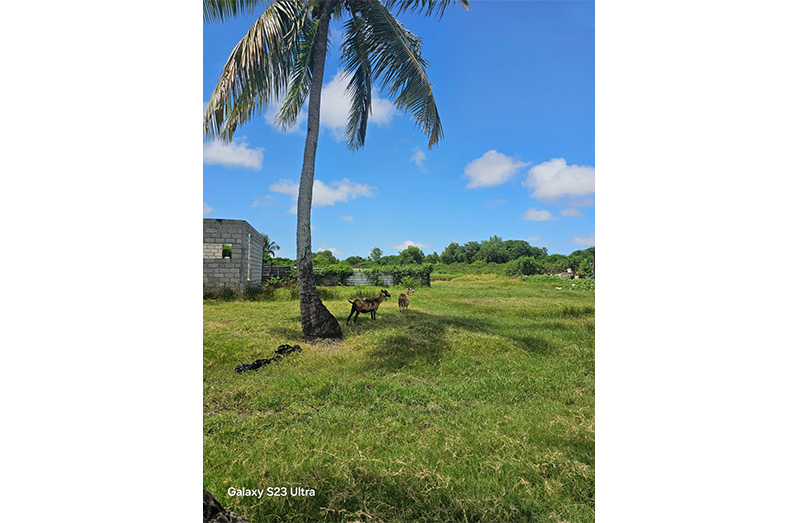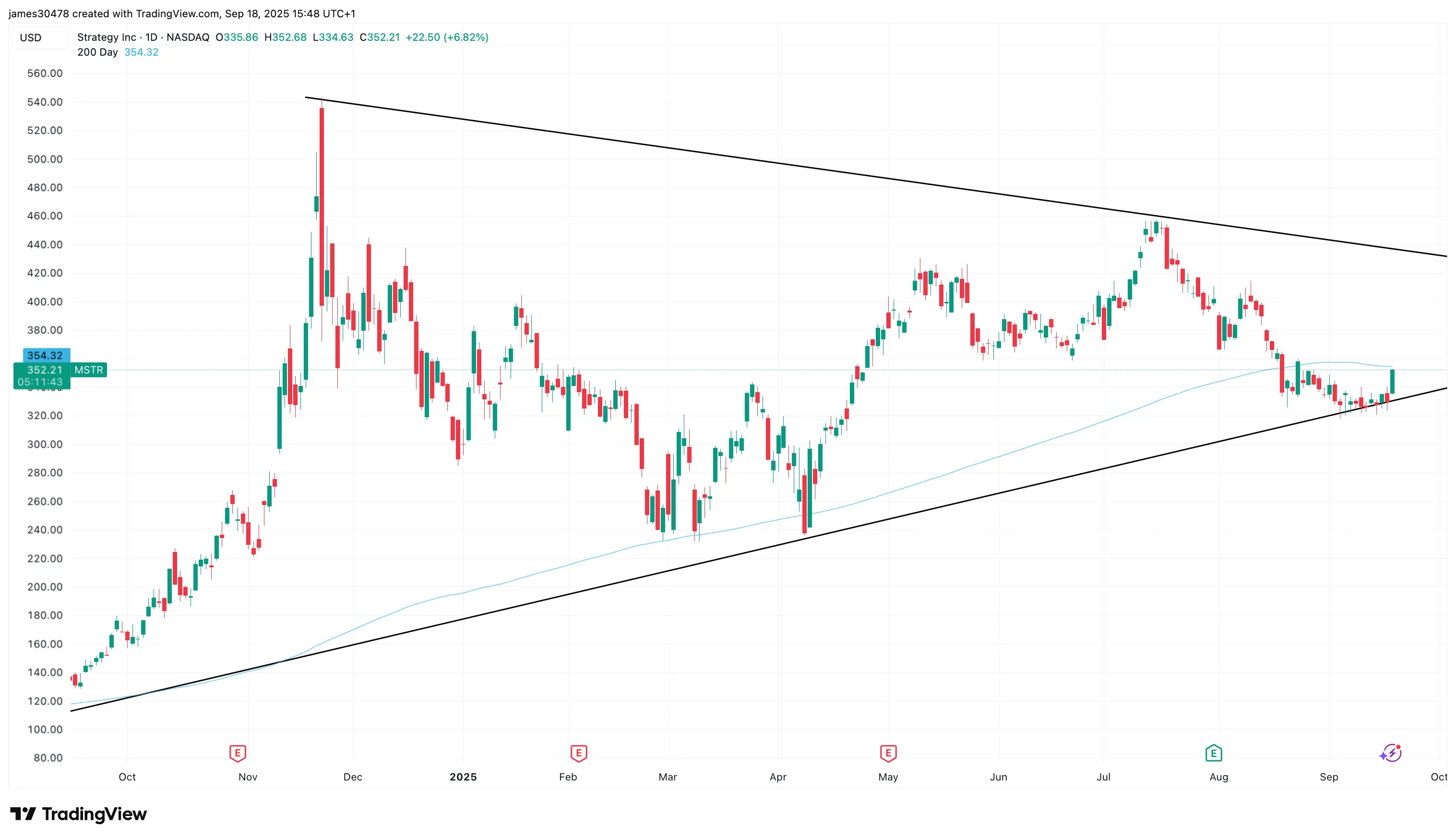By Michel Outridge
Copyright guyanachronicle

ALONG the mangrove-lined seashore of Number Five Village, Lester Henry has transformed a family tradition into a model of productive and sustainable sheep farming.
Introduced to animal husbandry at the age of 10 by his grandparents, who raised sheep, goats, cows, pigs, and other livestock as their primary source of income, Henry has since evolved into a progressive farmer and community leader.
Henry is a proud beneficiary of the Government of Guyana’s Barbados Black Belly Sheep Project, implemented by the Guyana Livestock Development Authority (GLDA).
The initiative aims to develop a genetically robust breeding flock for local farmers. “Since the introduction of the Barbados Black Belly ram under the GLDA project, I have witnessed a stark improvement in the genetics of my flock,” Henry said. “The lambs’ birth weight averages six pounds, and the meat quality has improved significantly for the market.”
From a single ram, Henry’s flock has expanded to 28 animals. This growth reflects both the genetic intervention and his adoption of modern husbandry practices under the guidance of GLDA extension officers.
He has mastered the administration of medications, management of foot rot, and the provision of balanced nutrition, integrating rice bran, wheat milling by-products, and corn husk with fresh grass. Pre-natal and post-natal care have become central to his operation, ensuring high survival rates and healthier lambs.
Henry is equally committed to food safety. “I pride myself on providing quality, safe meat for consumers. I ensure all my sheep intended for sale are withdrawn from any antibiotics or drugs at least four months prior to sale. If an animal becomes ill during this period and cannot meet that withdrawal requirement, I refuse to sell it. This ensures adherence to food safety guidelines and helps prevent the transmission of antibiotics or drugs to consumers,” he explained.
A unique feature of Henry’s farm is its proximity to the mangrove forest along the seashore. The forest provides a natural grazing ground, allowing the animals to feed efficiently while reducing the operational costs associated with the labour-intensive cut-and-carry feeding method. “The mangrove is a natural resource that helps me sustain my flock at a lower cost while ensuring they receive adequate nutrition,” he noted.
Henry is now preparing to adopt the elevated pen design promoted by GLDA. His current flat-floor pens are vulnerable to heavy rainfall, causing hygiene challenges and high lamb mortality. “During the recent rainy period, I lost many lambs due to poor pen design and management practices,” he reported. The elevated pens are expected to mitigate flooding, improve overall hygiene, and prevent foot rot, particularly during pre- and post-natal stages. This infrastructure upgrade aligns with best practices in modern small ruminant management, enhancing both productivity and animal welfare.
The farmer has also welcomed the PPP/C government’s Agri-Development Bank initiative, which he believes will enable farmers like him to access financial capital without the usual bureaucratic hurdles experienced at commercial banks. “This initiative is very promising for farmers looking to expand and improve their operations,” Henry said.
Beyond training from GLDA, regular visits by Dr Joel Dilchand, GLDA’s Region 5 Coordinator and Veterinarian, and Kyle George, Livestock Assistant, alongside blood testing, farm surveillance, and proper record-keeping under the National Traceability Programme, have empowered Henry to manage his flock more effectively. These measures have ensured the safety of the meat he produces and improved his overall profitability.
Despite these advancements, challenges remain. Henry identified the need for financial support to construct elevated pens and expand grazing areas. He also envisions community-level collaboration, forming a local farmers’ group to share resources, tools, and breeding stock. “The ram I received from the government was not kept for myself; I lent it to other farmers so they too can benefit and improve their flocks,” he said.
In addition to sheep, Henry maintains goats, cows, and pigs, with his cows raised exclusively for beef production. His farm stands as a testament to the transformative impact of GLDA programmes and the potential of innovative, knowledge-driven farming in Guyana.
By combining traditional expertise with modern veterinary practices, strategic breeding, sustainable resource utilisation, and rigorous food safety standards, Lester Henry continues to enhance livestock production in Number Five Village, contributing to both local food security and the broader agricultural economy.



